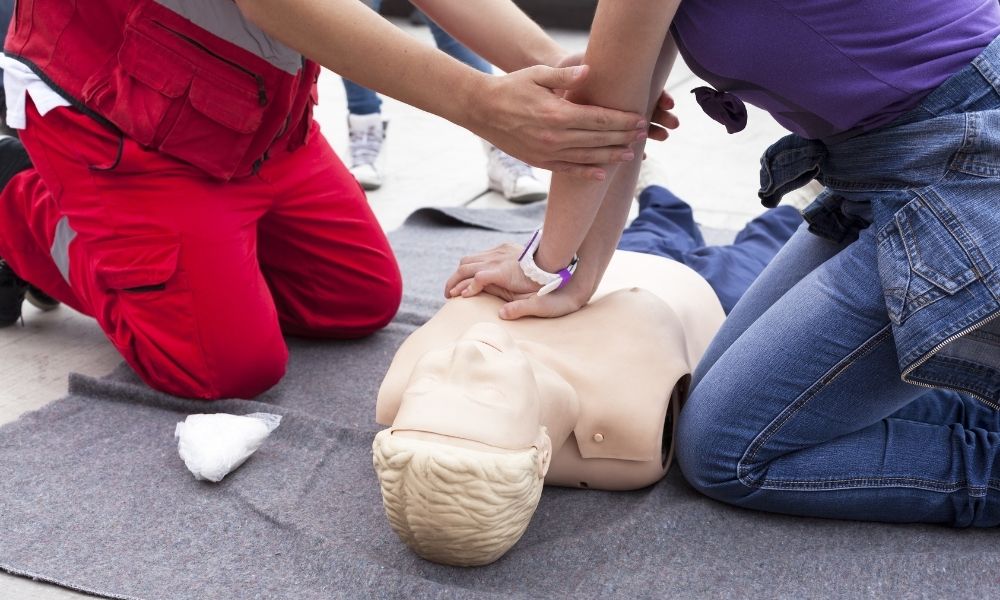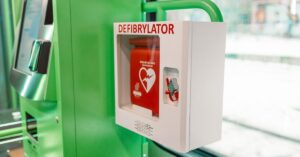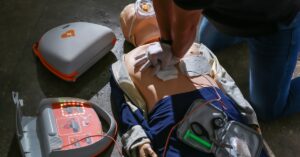Basic Life Support (BLS) and cardiopulmonary resuscitation training may sound like very similar things, but they’re not. When considering BLS vs. CPR certification and what the difference is, it’s important to realize that while one may require more training for the person seeking certification, they’re both good to know in case of emergency. Here’s a basic breakdown of the two things, what makes them important, and who should investigate achieving them.
What Is BLS?
Basic Life Support training is exactly what it sounds like: training to help sustain the life of a person experiencing a medical emergency or life-threatening situation because of cardia arrest. The training instructs and certifies people in ways to resuscitate a person until they can be given more extended care via life-support systems or other means. BLS training addresses how to handle providing oxygen, working on a care team, operating an automated external defibrillator, high-quality CPR training, dealing with unresponsive individuals, and more. BLS training is required for doctors, nurses, paramedics, EMTs, police officers, firefighters, and other rescue personnel. AHA-approved BLS renewal must be pursued every two years.
What Is CPR?
Here’s part two of our discussion of BLS vs. CPR certification and what the difference is. CPR certification is more widespread than BLS certification and involves much less detailed training; almost anyone can pursue it. CPR involves learning first aid techniques, dealing with a choking victim, and the basics of keeping a victim’s blood flowing and providing oxygen, thereby preventing organ failure and brain death until more experienced health care providers can take over. Note that BLS requires CPR training, but not vice versa.
Which Do You Need?
Anyone can get BLS or CPR certification, but the issue is whether they need to. Truly, either skill is handy, and a world where everyone learns how to deliver both would be a better world indeed. But really, BLS is more useful to medical personnel and other health care providers. If you get involved in personally caring for someone’s health care needs, say an elderly individual or someone experiencing an extended illness, AHA-approved BLS renewal might be a requirement for your job. On the other hand, people who oversee large groups—teachers, coaches, personal trainers, and the like—can make do with periodically pursuing CPR certification. It all depends on the circumstances!
If you want to learn more about BLS and CPR training and certification, contact us for details on how we can provide you with either.







